Do Tattoos Have Long-Term Effects on Our Bodies?
15 June, 2022Some people worry about the possible health risks or side effects of getting a tattoo, but the truth is that, while the early days of tattooing were risky, today’s responsible tattoo artists paired with having the resources to play your part in aftercare helps ensure a positive result.
Let’s take a look at common questions you may have about the long-term effects of tattoos!
Do Tattoos Shorten Your Life?
No, tattoos do not take years off your life.
There was a study done in 2014 that did suggest that people with tattoos, on average, have a shorter lifespan. Obviously, there are millions of variables that go into a study like that, but the takeaway is that tattoo-havers also tend to be higher on the risk-taking chart.
Risk takers, according to the study, are people who use drugs and alcohol. Risk-takers tend to have a shorter life span than people who only drink orange juice and water.
Fortunately, you can be totally straight-edge and still get a tattoo — most modern tattoo studios don’t resemble the sketchy combination piercing-tattoo shops in dark alleys that Hollywood loves to portray.
Do Tattoos Weaken Your Immune System?
The only reason a tattoo is going to weaken your immune system is if your artist uses ink that has toxic ingredients. Ink toxicity is a thing, which is why it’s important to vet your tattoo artist and visit multiple tattoo parlors until you find someone who feels right in a place that feels safe, comfy, and clean to you.
Also, whenever you have a wound, your immune system is going to be working harder to protect your body from bacterial infections. This is why aftercare is so important. Good aftercare limits the risk of infection and keeps you in better standing with your immune system.
Can Tattoos Cause Skin Cancer?
Tattoos cannot cause skin cancer. That said, it is possible that a solid, dark tattoo can make it harder to see the skin underneath, helping early signs of skin cancer hide from being detected.
It’s not just because of fading that we stress the importance of using sunscreen on your body art. You should also be using sunscreen to protect your old and new tattoos (and the rest of your body) from developing melanoma.
If you do notice any unusual spots, make a visit with the dermatologist. It’s better to be safe than sorry.
How Do Tattoo Dyes Age?
Does Tattoo Ink Cause Allergic Reactions?
Can tattoo pigments cause health problems? It’s super uncommon but it is possible to experience adverse reactions to the pigments in tattoo ink years after you get the tattoo.
Red ink is the one we hear about causing allergic reactions years later. Black inks don’t usually pose a problem.
If you know you have an allergy, or are prone to allergies, always speak with your tattoo artist about the inks they are using to help reduce your chance of future skin reactions.
Are Tattoo Inks Safe?
Tattoo inks have come a long way – harmful ingredients have been removed and replaced with more organic materials, but still, there are no FDA-approved inks.
There are some crappy inks that, when the body tries to break down the particles, the nanoparticles have been found carried away from the tattooed area and into lymph nodes where they can cause issues.
Again, have a conversation with your artist about the inks they use and the kinds of ingredients found in the ink formulas.
Titanium dioxide (TiO2), found mostly in lighter-colored pigments, is the second most common ingredient found in tattoo inks. It is named as the contaminant that causes issues in the lymphatic system, but the truth is there is a lack of evidence of exactly what ingredient causes these issues.
Modern tattoo ink has moved towards vegan and organic pigments, but they can still carry preservatives that could cause an allergic reaction in some folks. Always discuss ink ingredients with your tattoo artist if you have any known sensitivities.
Still, the chance of tattoo ink causing health care issues is very, very low. Under 7% of people experience issues long-term. If you are worried about an allergy or other issue, it’s best to talk to your doctor about your potential for health effects, your tattoo artist, and to try a skin test.
Choosing a Tattoo Artist
Find a good tattoo artist that works out of a clean tattoo studio. Find a tattoo artist whose hygienics are amazing. Sterilized tattoo needles, high quality tattoo ink, and a generally clean practice before/during/after your tattoo.
Most negative effects only occur when the tattoo artist is hygienically irresponsible during the tattoo — someone with unsterilized tattoo equipment or contaminated ink could cause hepatitis B and other bloodborne diseases or complications.
Issues also arise (more frequently than you may think) when the tattoo-ee has poor hygienic practices after the session while the tattoo is healing.
So, in addition to finding a good, clean tattoo artist – you need to have a good aftercare practice.
Aftercare and Infection Prevention
In most cases, your new tattoo will heal perfectly well and the only thing you need to be responsible for is protecting your body art from then on.
Aftercare
Wash your new tattoo with antibacterial, fragrance-free soap, warm water, and clean hands. Do that twice a day and after anything sweaty or dirty. When your tattoo starts to peel – leave it alone! If it itches – use our Soothing Gel. In fact, check out our entire breakdown on aftercare.
Fading
You got through the healing process with no hiccups and now what? Now you need to protect your art! Fading is inevitable as the body breaks down tattoo ink over time, but you can help preserve vibrancy and bold lines by using our Tattoo Balm and SPF 30 Sunscreen.
Our balm is going to moisturize the hell out of your tattoo while the SPF 30 Sunscreen is going to create a barrier between your tattoo and those evil UV rays. UV rays break down and age the skin. Protect against them with our sunscreen.
(Learn more about what causes fading and how to prevent it here!)
In Closing
The most likely issue to come about from a tattoo is a bacterial infection when it’s healing, but if you visited a reputable tattoo artist, and followed the aftercare instructions, it’s also unlikely.
Always wear sunscreen. Not only will you protect your tattoos (and help the color stay truer, longer), but you can help minimize the risk of skin cancer. When in doubt, make a visit to the dermatology office.
The only other thing you should really have to worry about, long-term, is tattoo fading. That’s where our products come in.
Protect yourself with our moisturizing balm and sunscreen to help keep your body art looking fresher, for longer — with the right hygiene practices from start to finish, the only “long-term effect” your tattoo will have is being a beautiful piece of art 🖤
Sources:
The Medium, Not the Message: How Tattoos Correlate With Early Mortality | AJCP
Systemic Allergic Reaction to Red Tattoo Ink Requiring Excision | PRS
Try risk-free & save with the Essential Sets
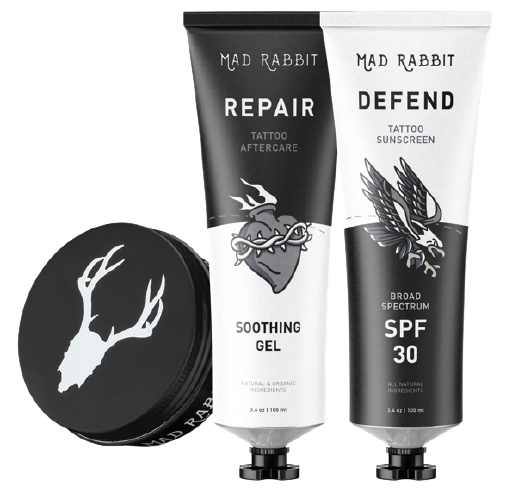
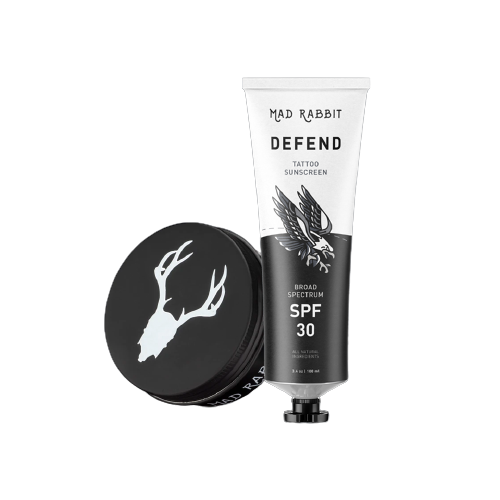
Daily Defense Set
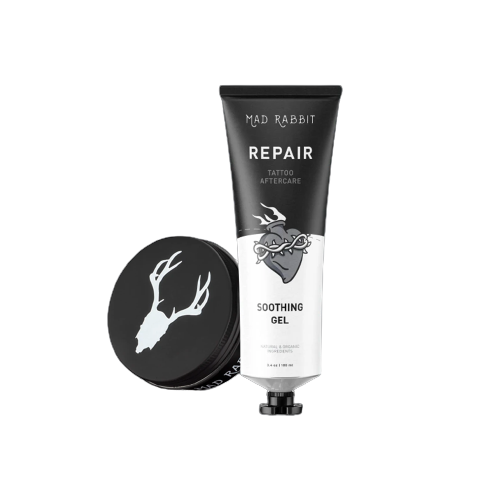


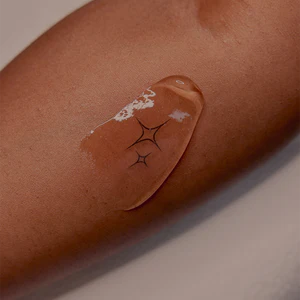
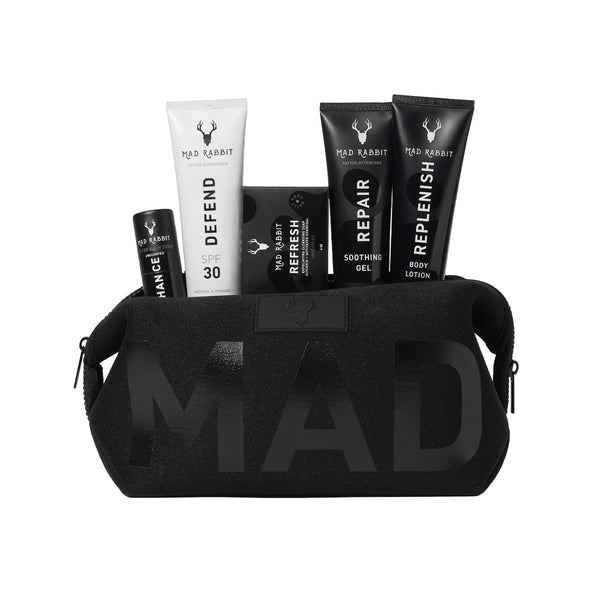
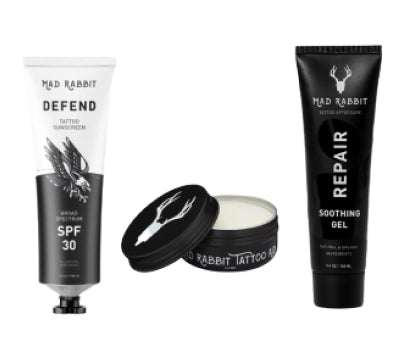
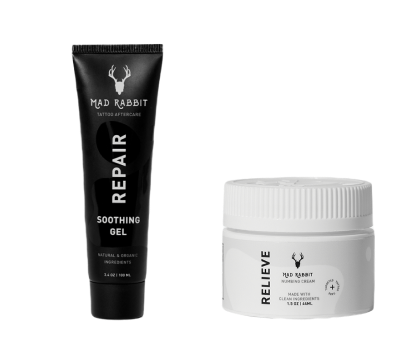
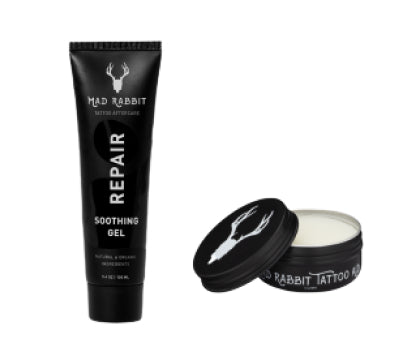
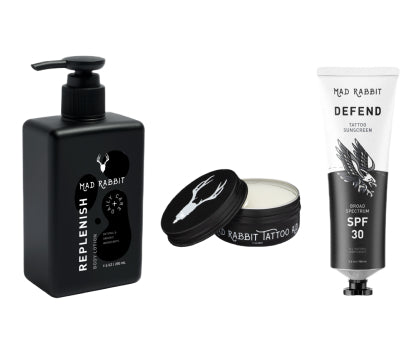
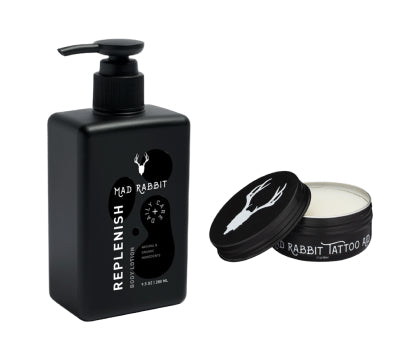
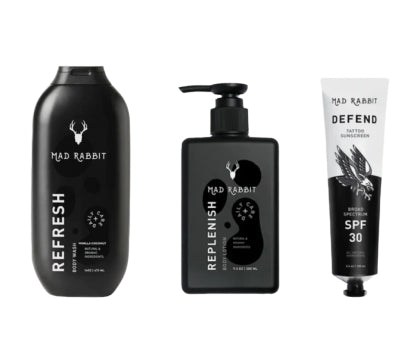
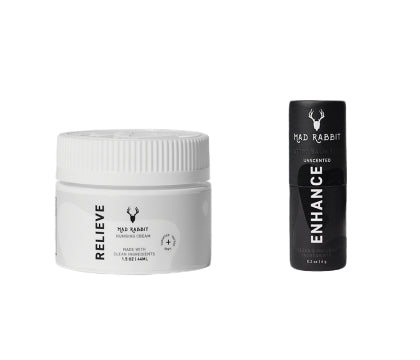
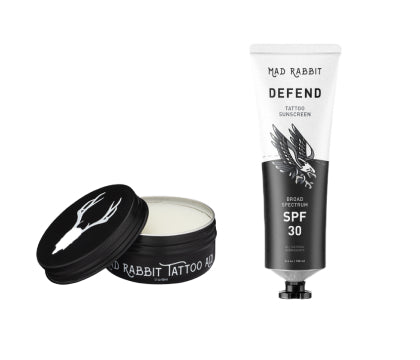
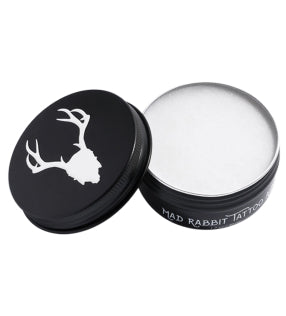
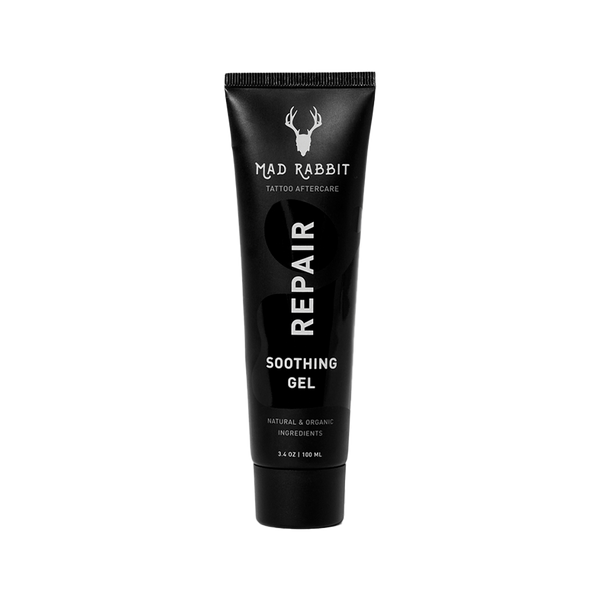
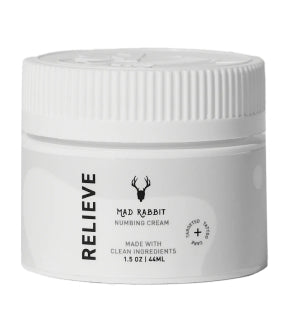
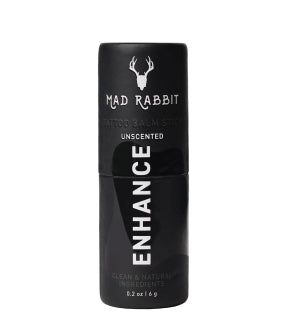
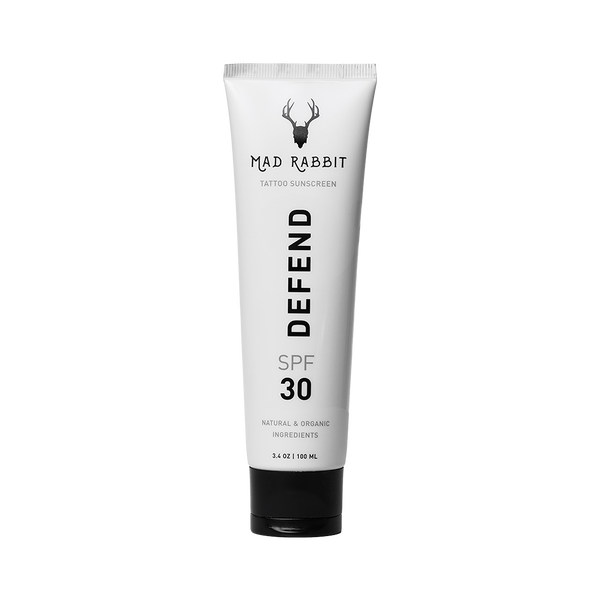
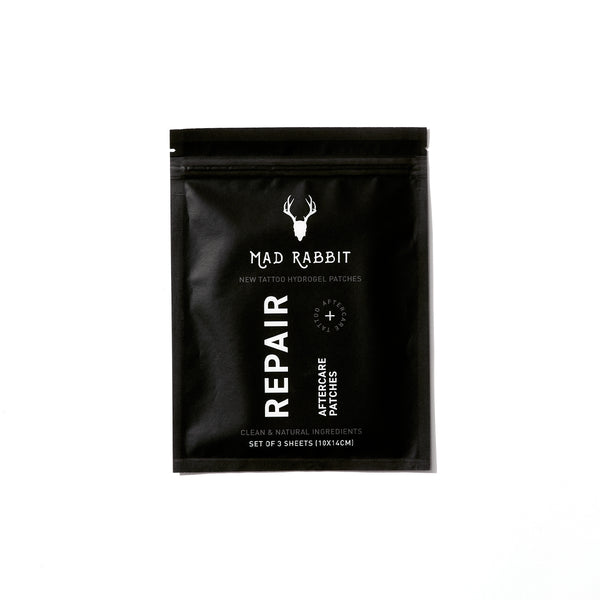
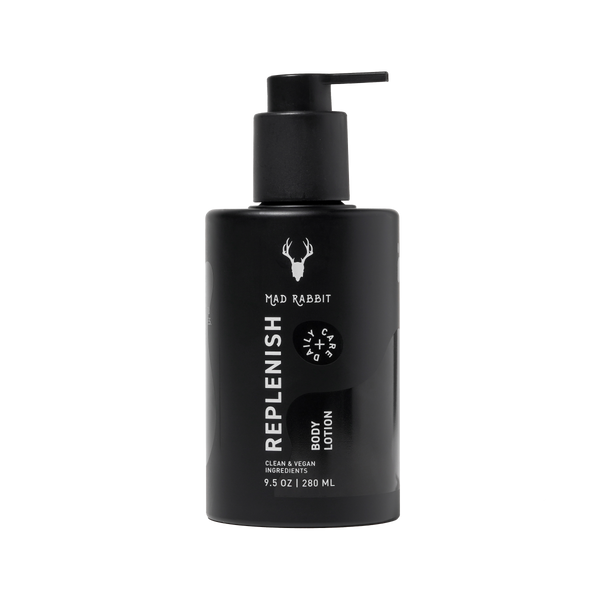
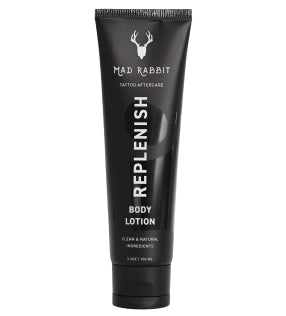
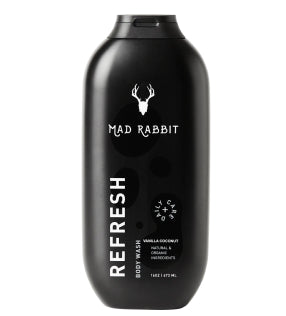
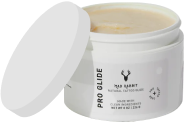
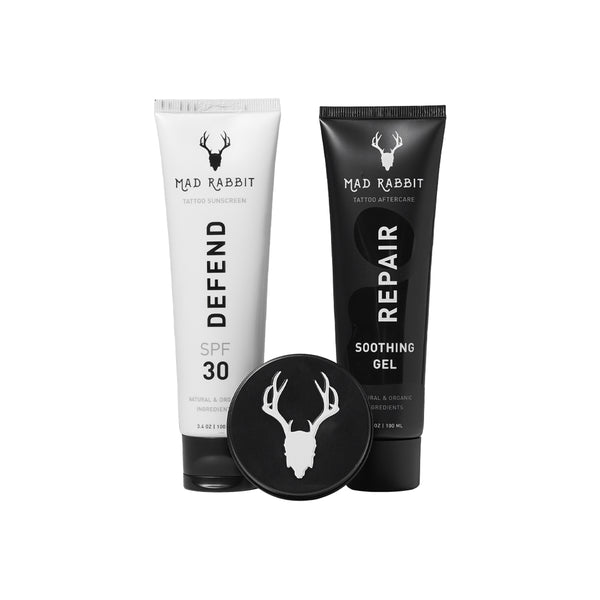

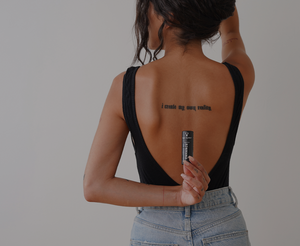
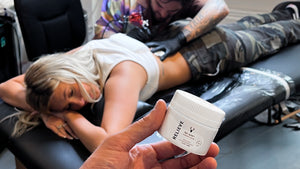
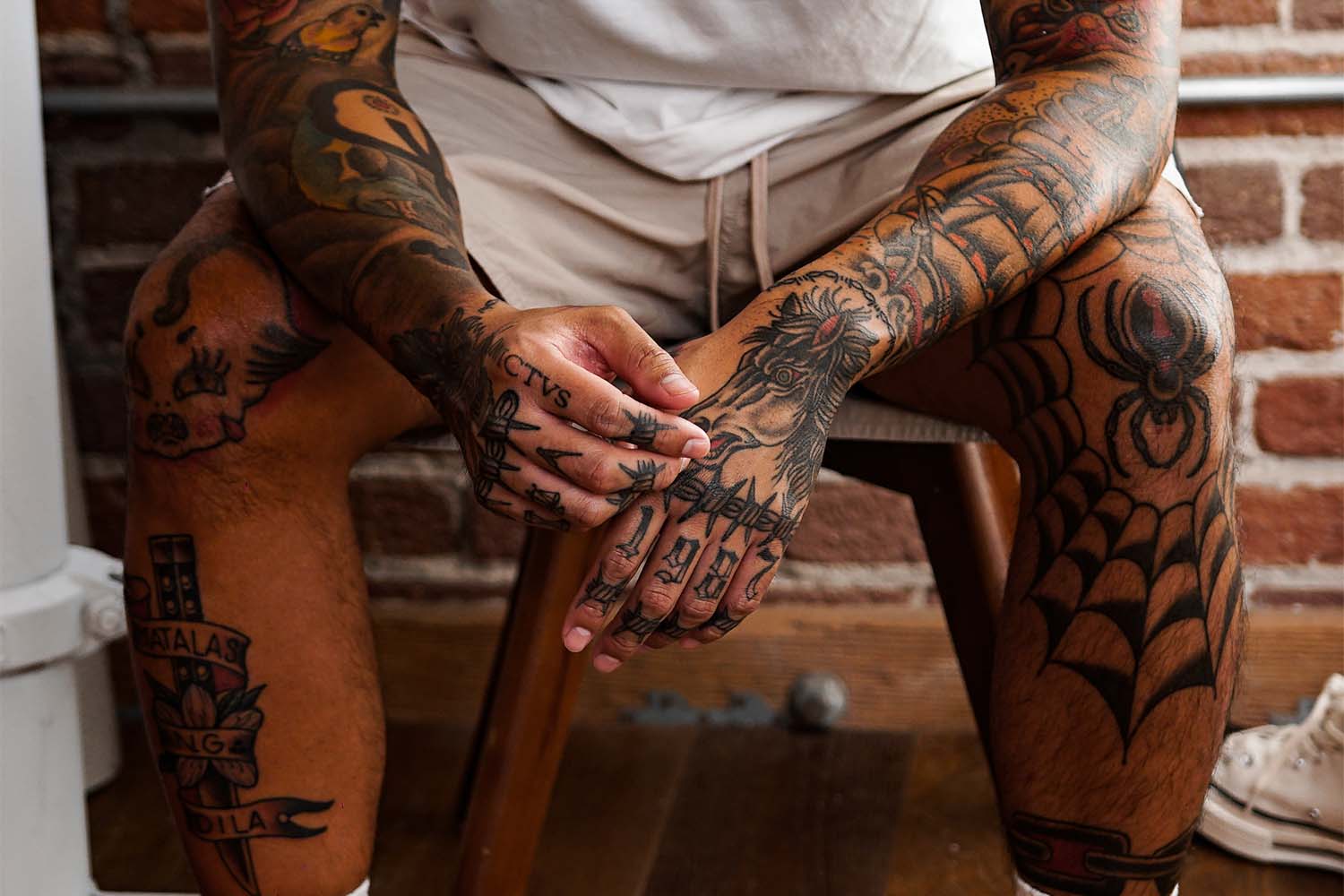
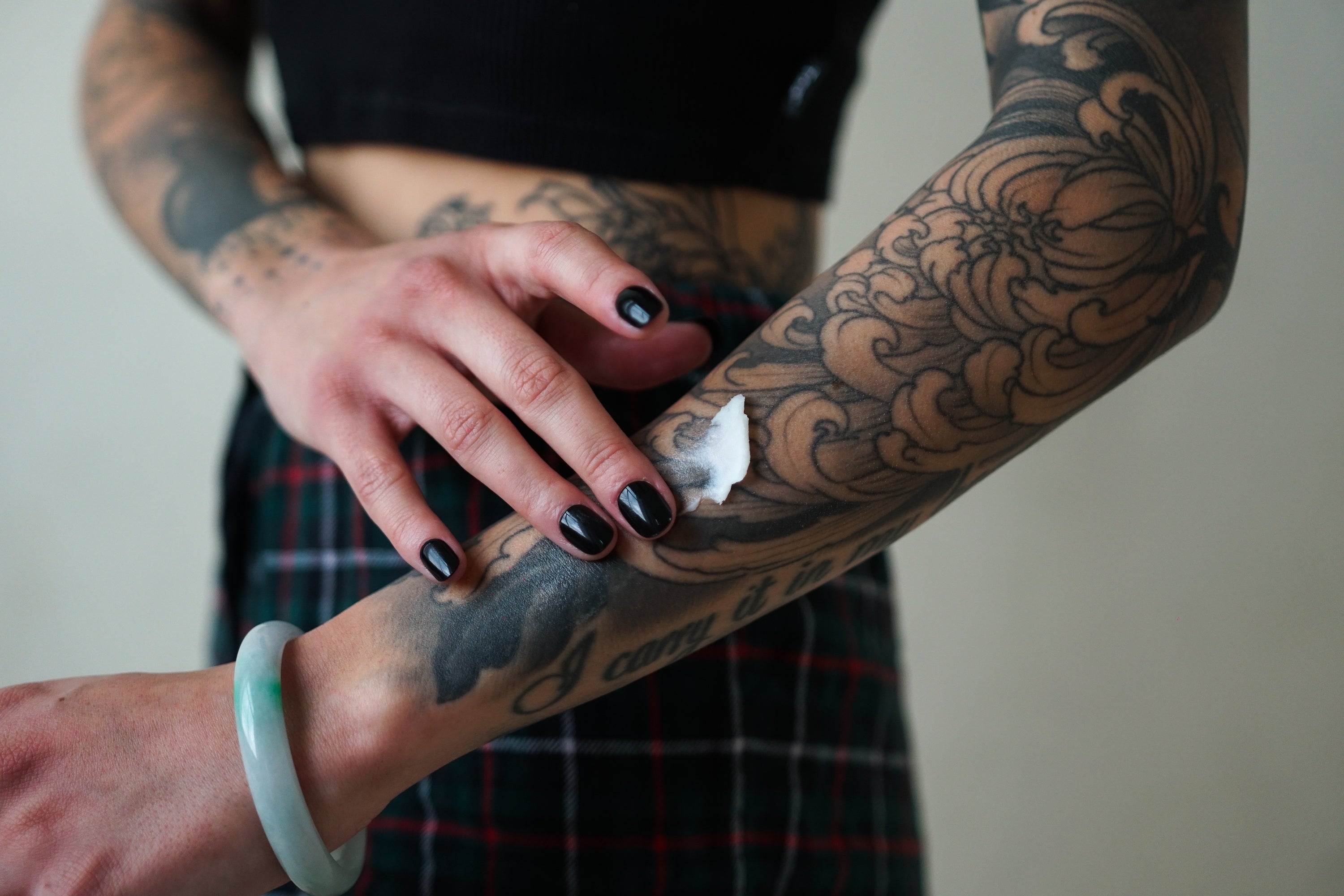
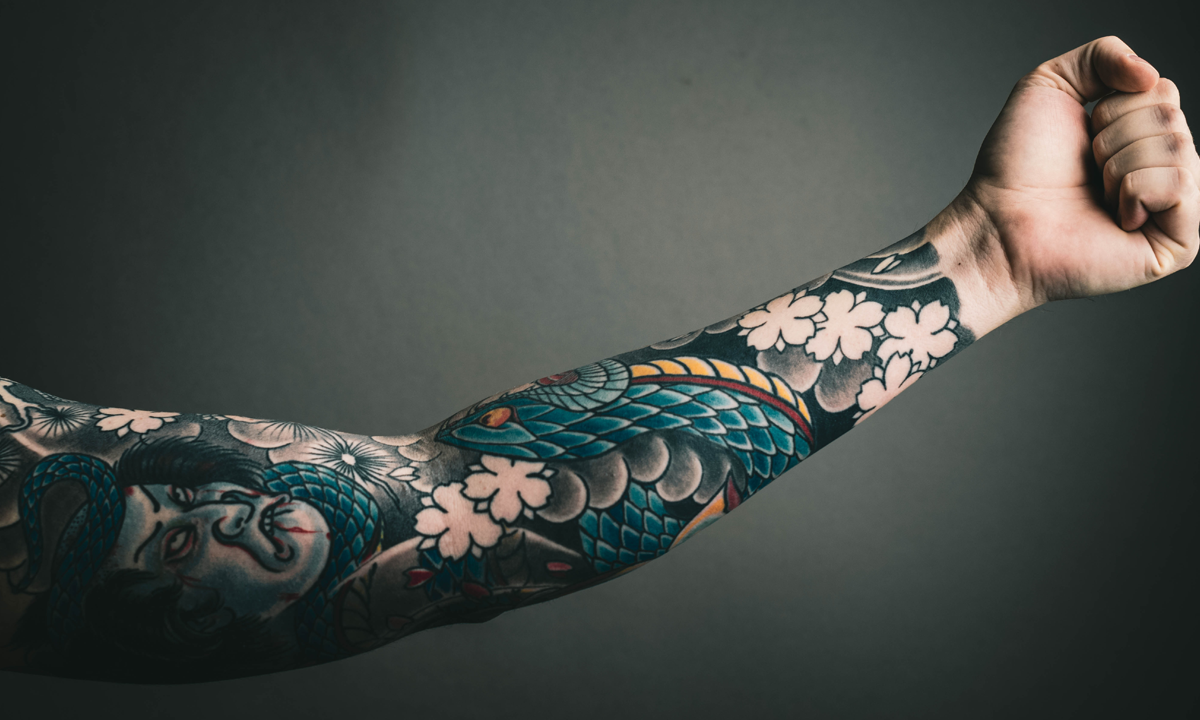
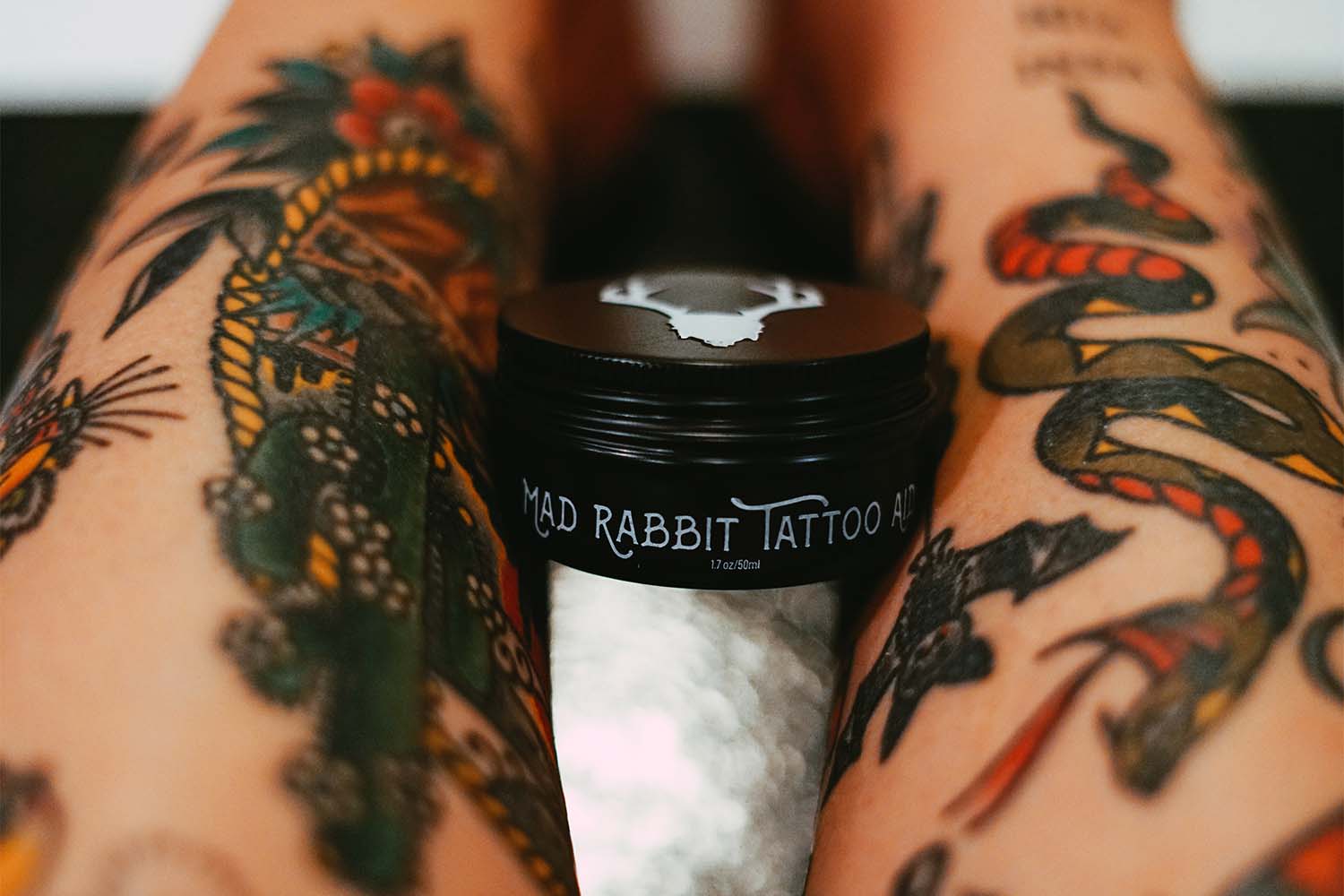
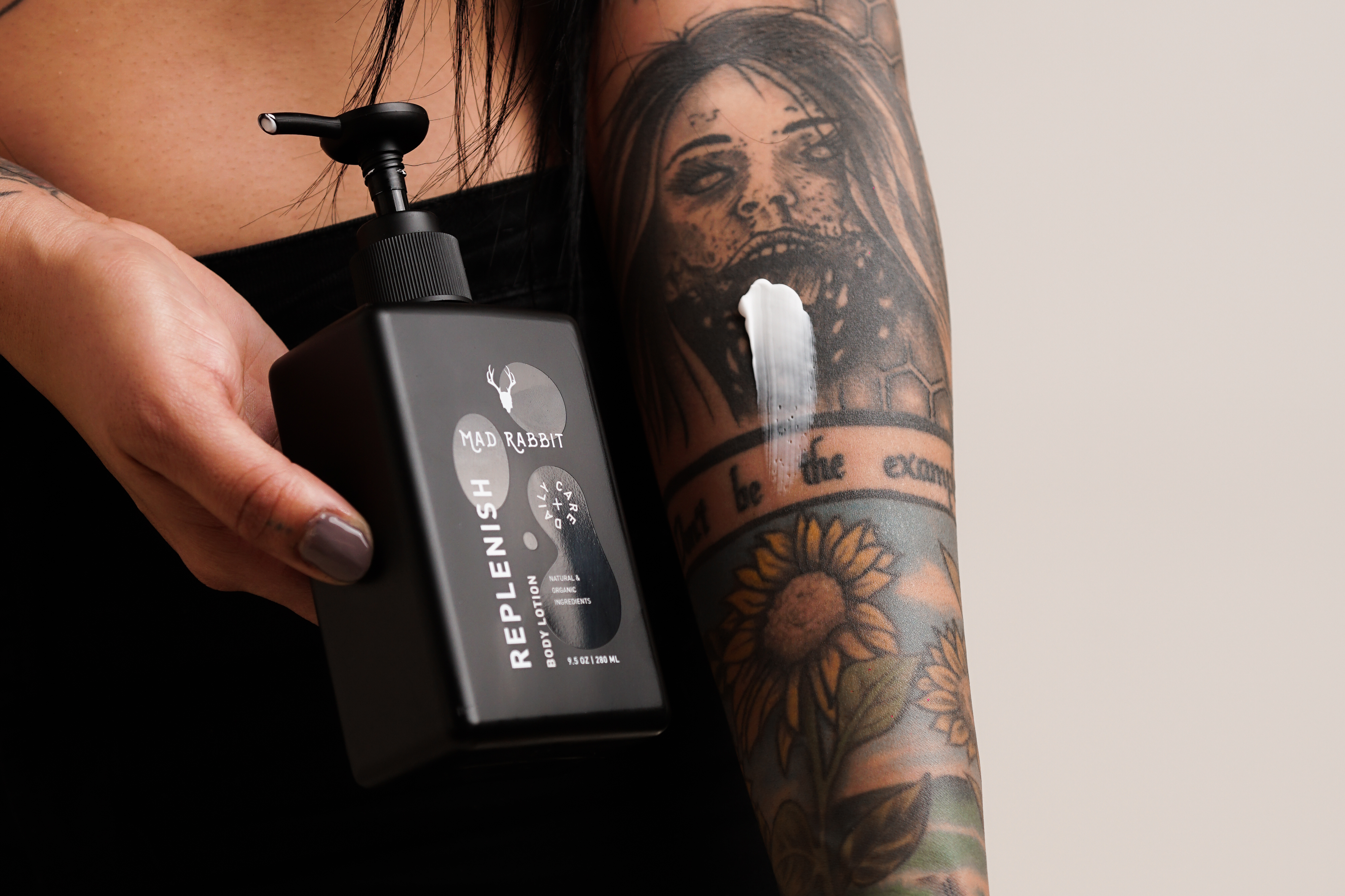
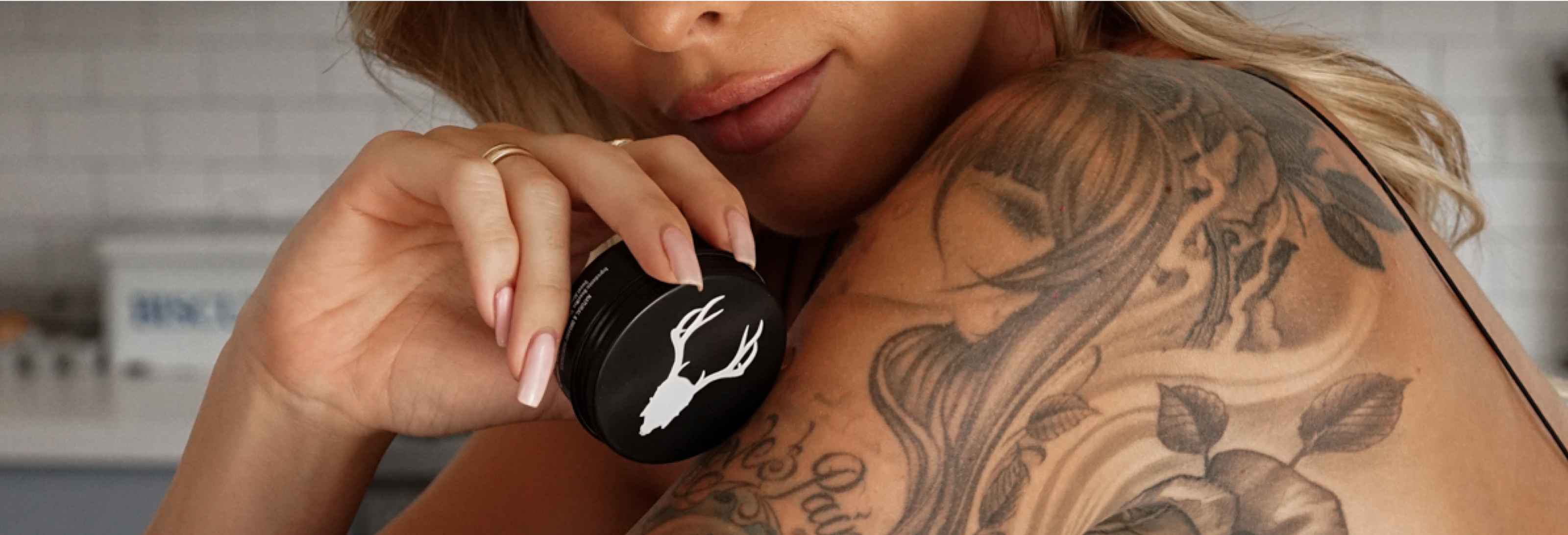
Join the discussion